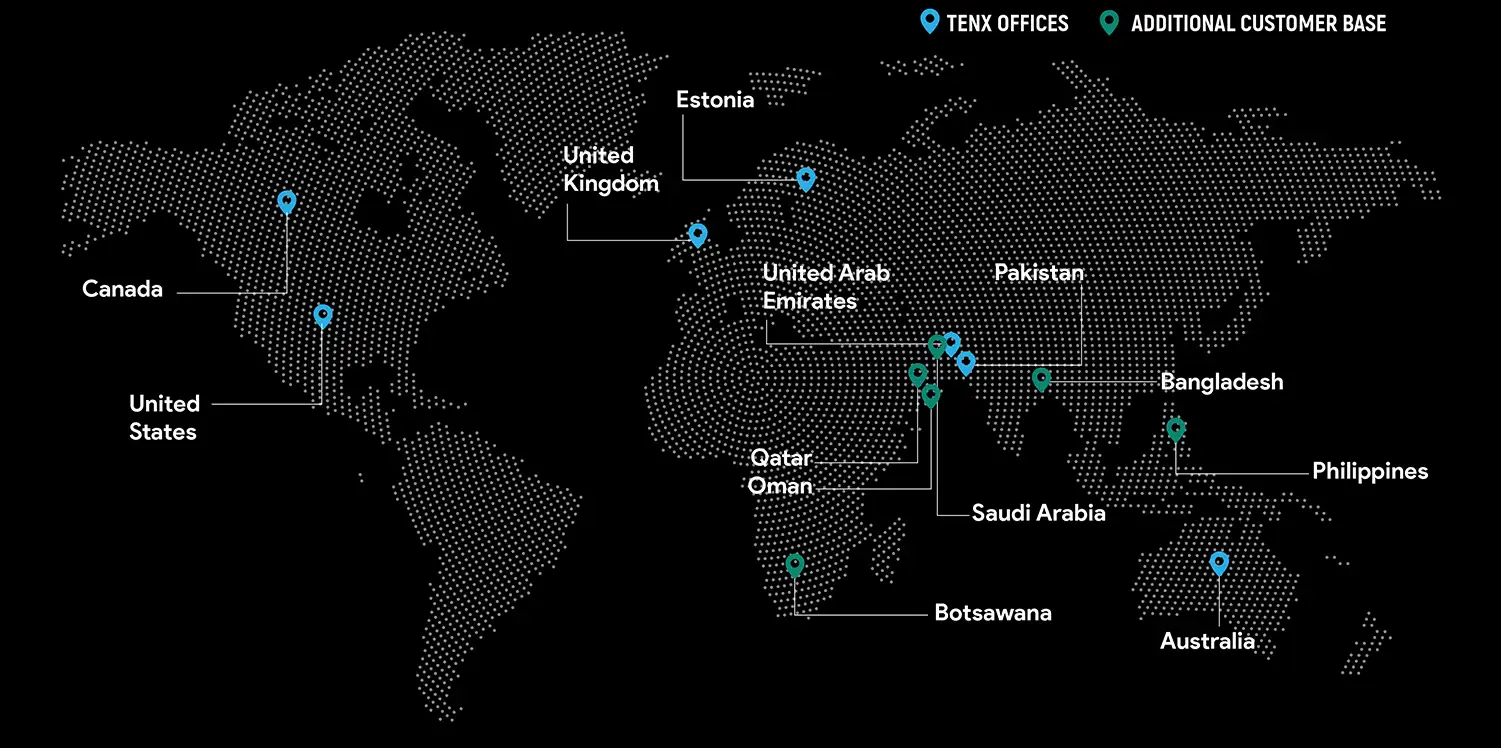Safeguarding Your Development Efforts: The Vital Role of Backups for Data Engineering and Analytics Projects

- Syed Asif Tanveer
Introduction
In the world of data engineering and analytics, where insights drive decisions and innovation propels progress, the importance of safeguarding your data cannot be overstated. As projects evolve and systems become increasingly complex, a solid backup strategy is the ultimate shield against potential disasters.
In this blog, we’ll delve into the importance of backing up data for data engineering and analytics development teams, especially in cases where computers and servers are solely owned by customers. We’ll also explore the pivotal role of project managers and highlight common pitfalls to avoid when taking backups.
Challenges in Customer-Owned Environments

When computers and servers are owned by customers, development teams often face unique challenges stemming from the need to respect the customer’s ownership and control of their infrastructure. This limits the development team’s ability to offload backups without the customer’s consent or assistance. Therefore, a collaborative approach is essential to establish backup mechanisms that meet both parties’ requirements.
The Importance of Backups
Data engineering and analytics projects involve intricate processes, ranging from data collection and transformation to analysis and reporting. A mishap, whether it’s a hardware failure, accidental data deletion, or a security breach, can lead to data loss, productivity setbacks, and potential reputational damage. This is where backups come into play as your safety net.
A comprehensive backup strategy is a necessity. It ensures that your hard work, insights, and resources are protected against unforeseen circumstances. By maintaining secure copies of your data, code, configurations, and development environments, you can swiftly recover and resume operations — minimizing downtime and maximizing efficiency.
The Role of Project Managers
Project managers play a pivotal role in orchestrating backup strategies within data engineering and analytics projects. In cases where computers and servers are customer-owned, project managers become the architects of resilience. Here’s how:
- Collaboration Catalysts: Project managers bridge the gap between development teams and customers. They collaborate with the customer’s IT teams to align backup procedures, ensuring that data protection is a joint endeavor.
- Strategy Architects: Project managers backup strategies that are customized according to the customer’s infrastructure and requirements. These strategies encompass backup frequency, retention policies, and data types, ensuring comprehensive coverage.
- Risk Sentinels: Identifying risks is crucial. Project managers assess potential data loss risks and formulate mitigation plans, safeguarding the project against vulnerabilities.
- Constant Vigilance: Backups require consistent monitoring. Project managers keep a vigilant eye on backup successes, failures, and anomalies, guaranteeing a seamless data safety net.
- Disaster Response:In the event of data loss, project managers step up. They lead restoration efforts, reducing the impact of data loss impact and ensuring a quick return to normalcy.
Common Pitfalls in Backups

Photo by Kenny Eliason on Unsplash
While backups are a beacon of data security, certain pitfalls can compromise their effectiveness:
- Incomplete Backups: Failing to back up all critical data and assets can leave you vulnerable to incomplete recoveries.
- Infrequent Backups: Irregular backups increase the risk of data loss. Maintain a consistent backup schedule to ensure up-to-date copies.
- Untested Restorations: Backups are only as good as their ability to restore data. Neglecting restoration tests can lead to unpleasant surprises.
- Lack of Documentation: Poorly documented backup processes make it challenging to navigate recovery procedures.
- Security Oversights: Ignoring encryption and access controls exposes your backups to security breaches.
Conclusion
In conclusion, backups are the unsung heroes of data engineering and analytics projects. In environments where customer-owned hardware prevails, the role of project managers becomes even more critical. By forging collaboration, designing meticulous strategies, and keeping a watchful eye, project managers secure your projects against the stormy seas of data loss.
So, before you embark on your next data journey, remember it’s not just about the destination, but is also about ensuring a safe voyage. A single instance of data loss can have far-reaching consequences, but with the power of backups and the guidance of adept project managers, you’re poised for success, come what may.

Syed Asif Tanveer
Asif, at TenX works as Consulting Director
Global Presence
TenX drives innovation with AI consulting, blending data analytics, software engineering, and cloud services.
Ready to discuss your project?





